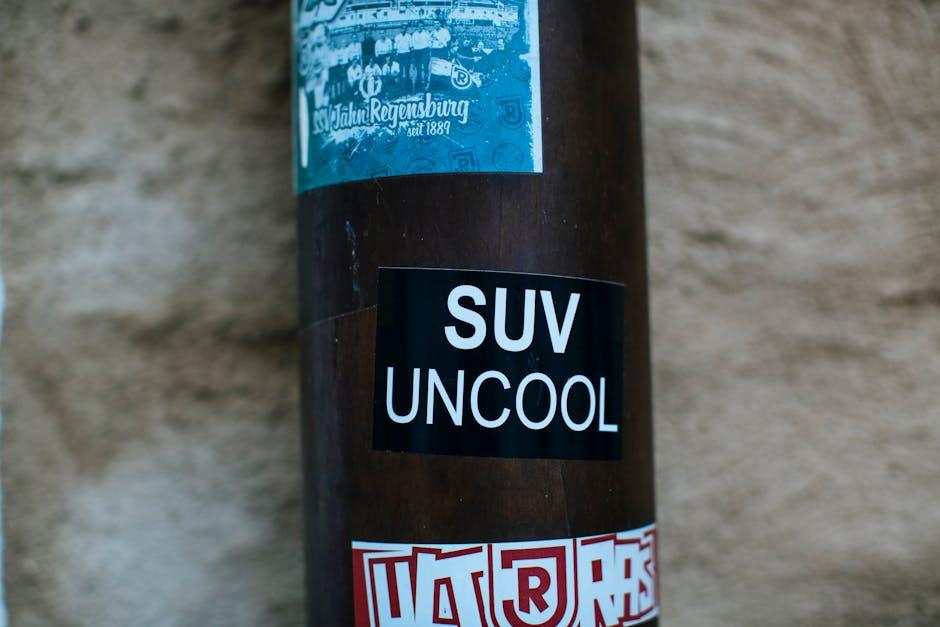In the heart of an unfamiliar land, where the vibrant tapestry of local customs unfolds before eager eyes, travelers often find themselves at a crossroads. The allure of immersing in the rich cultural experiences of distant shores is undeniably tempting, yet it also presents a delicate conundrum: should tourists participate in cultural practices that stir controversy? From the sacred yet contentious rituals to the festivals that dance on the edges of ethical boundaries, these experiences invite not just curiosity, but also introspection. This article delves into the nuanced debate surrounding the participation in such cultural practices, exploring the fine line between appreciation and appropriation, and weighing the impact on both the traveler and the host community. As we journey through this intricate landscape, we seek to uncover whether some traditions are best observed from a respectful distance, or if engagement, when approached thoughtfully, can bridge cultural divides.
Navigating the Fine Line Between Respect and Exploitation
The world is a tapestry of diverse cultures, each with its own unique traditions and practices. As tourists, it’s crucial to approach these experiences with sensitivity and awareness. However, the challenge lies in discerning whether our participation is respectful appreciation or inadvertently crosses into exploitation. Consider the following when contemplating involvement in cultural activities:
- Research and Understand: Before engaging, educate yourself about the practice’s historical and cultural significance. Knowing the background can help you determine if participation is genuinely welcomed by the community or if it’s a spectacle for outsiders.
- Community Consent: Ensure that the local community endorses the participation of tourists. Authentic experiences are those where locals invite you to partake, rather than scenarios where the culture is commodified for financial gain.
- Economic Impact: Reflect on whether your involvement benefits the local community economically or merely funnels money into external entities. Support activities that directly contribute to the welfare of the community.
Navigating these complexities requires a delicate balance. Tourists should strive to be conscientious travelers who not only witness cultural practices but also respect the values and boundaries set by the communities they visit. By doing so, they contribute to a more ethical and enriching travel experience for all parties involved.

Understanding Cultural Sensitivity in Tourism
When exploring the delicate balance between tourism and cultural sensitivity, one must navigate the nuanced landscape of participating in local customs, especially those considered controversial. These practices, while integral to the cultural tapestry of a community, often pose ethical dilemmas for visitors. It is crucial for tourists to engage with these traditions thoughtfully, ensuring that their participation does not inadvertently cause harm or disrespect.
- Research and Awareness: Before engaging in any cultural activity, it’s essential to educate oneself about the historical and cultural significance behind it. Understanding the context can help in making informed decisions.
- Respect Local Norms: Every culture has its boundaries. Respecting these limits, even if they conflict with personal beliefs, is key to being a sensitive traveler.
- Dialogue with Locals: Engaging in conversations with community members can provide valuable insights and clarify any misconceptions about the practice.
- Consider Ethical Implications: Reflect on whether participation might perpetuate harmful stereotypes or exploit cultural practices for entertainment.
By embracing these principles, tourists can foster genuine cultural exchange while remaining respectful and mindful of the communities they visit.

Evaluating the Ethical Implications of Participation
When considering involvement in cultural practices that might be viewed as controversial, it’s essential to weigh the ethical ramifications. Tourists often face a moral dilemma: whether to engage in activities that could perpetuate harm or disrespect towards local communities and their traditions. Key questions to ask oneself include:
- Does my participation exploit or commercialize sacred traditions?
- Am I supporting practices that may be harmful to the local community or environment?
- Is my involvement promoting a positive cultural exchange, or am I simply a spectator?
Ethical tourism demands a balance between cultural appreciation and cultural appropriation. The challenge lies in discerning when participation crosses the line into exploitation. Engaging in respectful dialogue with local communities, seeking informed consent, and understanding the historical context of the practice are crucial steps. Ultimately, the responsibility rests with each individual to ensure their actions align with ethical principles, fostering mutual respect and understanding.

Practical Guidelines for Responsible Cultural Engagement
When engaging with cultures different from our own, it’s essential to approach with sensitivity and mindfulness. Here are some practical guidelines to consider:
- Research and Educate Yourself: Before participating in any cultural practice, take time to understand its history, significance, and the perspectives of those who practice it. This knowledge can help prevent unintentional disrespect.
- Seek Local Guidance: Engage with local experts or community members who can provide insight into whether certain practices are appropriate for outsiders. Their guidance can be invaluable in navigating complex cultural landscapes.
- Respect Boundaries: Always be respectful of boundaries set by the local community. If a practice is deemed sacred or restricted, honor their wishes and avoid participation.
- Reflect on Your Intentions: Consider why you wish to engage in a particular cultural practice. Ensure that your participation is driven by genuine interest and respect, rather than a desire for novelty or spectacle.
- Be Open to Learning: View every cultural interaction as an opportunity to learn and grow. Be willing to listen, ask questions respectfully, and adapt your behavior based on feedback.
By adhering to these guidelines, tourists can foster respectful and enriching cultural exchanges, contributing positively to the communities they visit.
Wrapping Up
As we navigate the intricate tapestry of cultural exploration, the question of whether tourists should partake in controversial cultural practices remains a nuanced and multifaceted dialogue. Like a compass guiding us through uncharted waters, our decisions should be informed by a deep respect for the cultures we encounter and an awareness of the potential impact of our actions. the journey is as much about understanding ourselves as it is about discovering the world. By treading thoughtfully and engaging with open hearts and minds, we can contribute to a global community that celebrates diversity while honoring the values and traditions that make each culture unique. As travelers, the stories we carry home can become bridges of understanding, weaving connections that transcend borders and foster a shared sense of humanity.


































